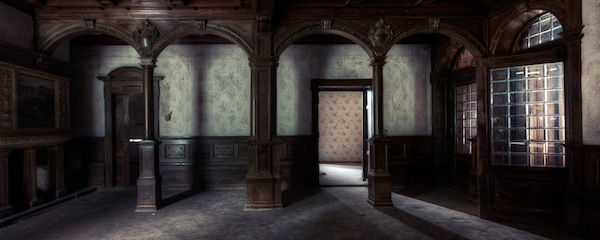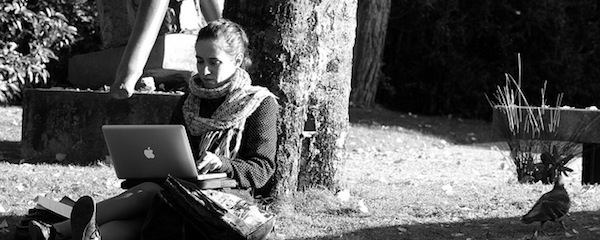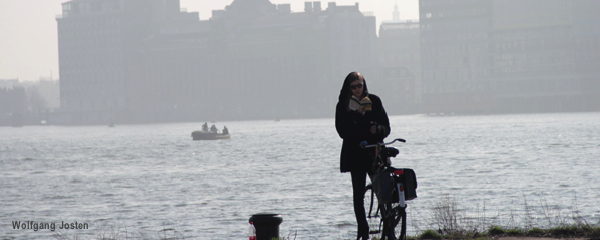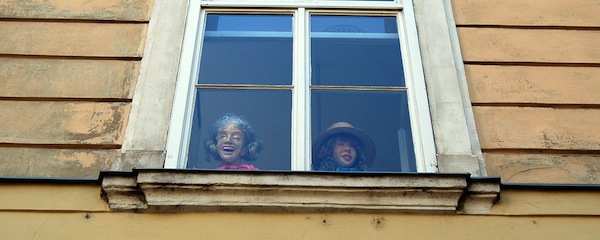MARCELLA O’CONNOR shows us that Bowen’s ‘The New House’ isn’t as straightforward as it first appears: ‘a closer reading reveals that it is actually a radical literary experiment where the setting is used to tell the story of a man’s phantom pregnancy…’
LYNDA NASH teaches us some useful tips on submitting to short story competitions, advice learnt the hard way: ‘So why did my precious literary effort fail to make an impression? Did it fit the competition criteria? No. Did it open with a bang? Again, no. Did it have a less-than-self-indulgent plot? No, it didn’t…’
READ and DOWNLOAD: In a very special post, Dr José Francisco Fernández gives us the Introduction to The New Puritan Generation – the first collection of essays to address the importance of the New Puritan movement, in order to understand this generation of writers…
In this essay, PATRICK YARKER learns something from ‘The Lesson’ by Toni Cade Bambara: ‘A college graduate, Miss Moore has returned with her knowledge, her sober clothes and her undisuadable dedication, to the streets of late-60s Harlem to help educate the next generation, much to its irked disdain…’
JULIET WEST ponders the role of women in George Saunders’ latest collection, Tenth of December: ‘I marvelled at the breakneck prose, the dark humour, the searing satire on Western consumerism. Yet, as I read, I began to experience an increasing sense of unease. At times, I felt as if I had landed in the fantasy world of a deviant male adolescent…’
VICTORIA LESLIE recommends Mary Butts’ short story ‘With or Without Buttons’: ‘a haunting and skilfully structured story that, like its subject matter, proves that the smallest things can often produce big results. It is about gloves, and what you find when you go looking for trouble…’
CARYS BRAY recommends the works of Robert Shearman: ‘I looked for clues to his fiction in his manner, and I came to the erroneous conclusion that his stories were jolly. I imagined page after page of ebullience and cheer; I wasn’t expecting horror…’
‘When we talk about editing short stories, and we do, a lot, we talk about cutting every word that doesn’t have to be in a story. But I’m not sure it’s always so simple…’ ANGELA READMAN examines the effects of Lish’s edits on Raymond Carver’s short stories.
STEPHEN DEVEREUX searches for Helen Harris, a quiet revolutionary in short story writing: ‘Short stories have characters, right? This one doesn’t. And one of them is the central character, yes? Not in this story. And short stories have plots, don’t they? Well there’s a plot of sorts, I suppose…’
CLAIRE THURLOW presents a thoughtful profile on the life and writing of short story master Alice Munro: ‘Compared to Chekhov for her flair with the genre, Munro reveals essential truths about ourselves in an unsentimental, yet deeply humane way…’









